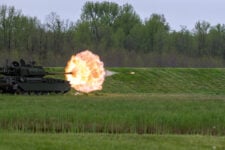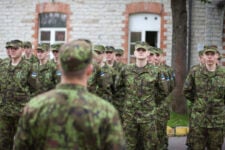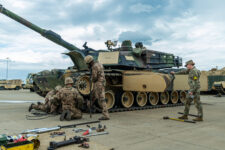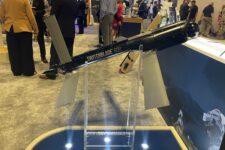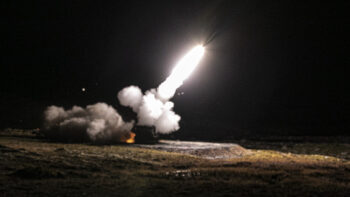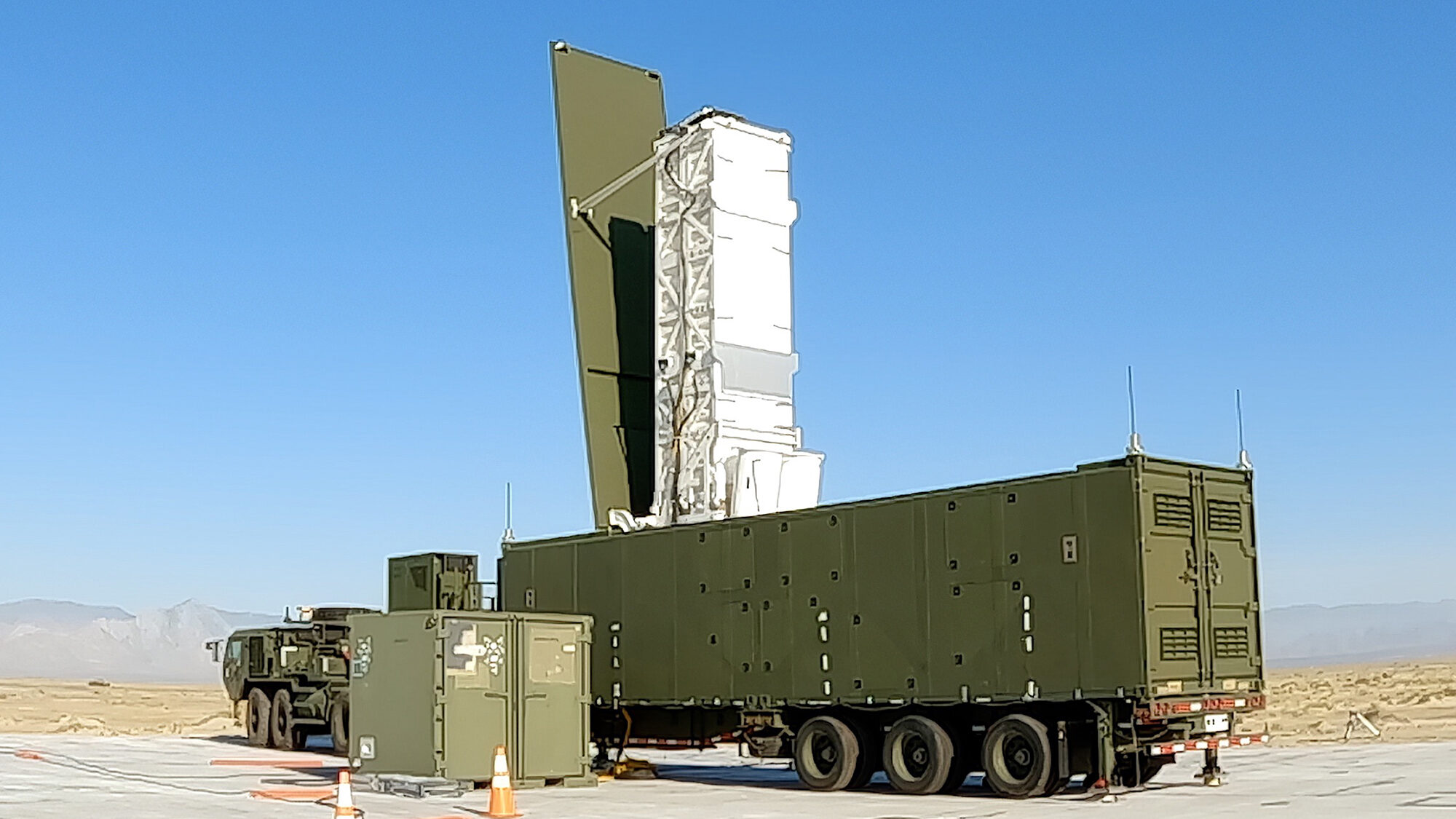
In 2023, the Army’s Rapid Capabilities and Critical Technologies Office’s Mid-Range Capability Project Office, in conjunction with Soldiers from 1st Multi-Domain Task Force, and the US Navy demonstrated the launch of a Tomahawk missile from the Army’s prototype Mid-Range Capability system. (US Army)
WASHINGTON — Soldiers with the US Army’s 1st Multi-Domain Task Force deployed to the Philippines with a new long-range weapon exceeding previously adhered to Intermediate-Range Nuclear Forces (INF) Treaty constraints, the service announced today.
“This is a significant step in our partnership with the Philippines, our oldest treaty ally in the region,” Brig. Gen. Bernard Harrington, commanding general of the 1MDTF, said in a press release.
“This creates several new collaboration opportunities for our bilateral training and readiness, we look forward to growing together.”
Under the INF treaty, Washington agreed not to develop and field ground-launched ballistic and cruise missiles with ranges between 500 kilometers and 5,500 kilometers. But in 2019, then-President Donald Trump announced that the US was exiting the agreement.
That decision opened the door for the Army to move out with the Mid-Range Capability launcher development, also known as Typhon. The land-based system is designed to launch Raytheon’s existing SM-6 missiles and Tomahawk cruise missiles and hit targets between the Precision Strike Missile’s (PrSM’s) planned 500-kilometer range and the 2,776-kilometer reach of the future Long-Range Hypersonic Weapon (LRHW).
US Army Pacific commander Gen. Charles Flynn told reporters last year the new launcher would be bound for the Indo-Pacific region, but didn’t disclose where or if the US had struck a deal with a foreign government to rest it on its soil.
But as part of Exercise Salaknib 2024, soldiers arrived in the Philippines with the new weapon.
“This landmark deployment marks a significant milestone for the new capability while enhancing interoperability, readiness, and defense capabilities in coordination with the armed forces of the Philippines,” the Army added.
Aloha: Fixes ongoing, then Army’s new watercraft prototype is Hawaii bound for testing
“Everything that we can knock off that list we will do in the archipelago…because that allows us to do the tests in the environment that the vessel will operate in ultimately,” said Maj. Gen. Jered Helwig.


